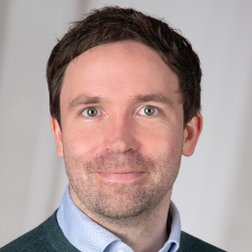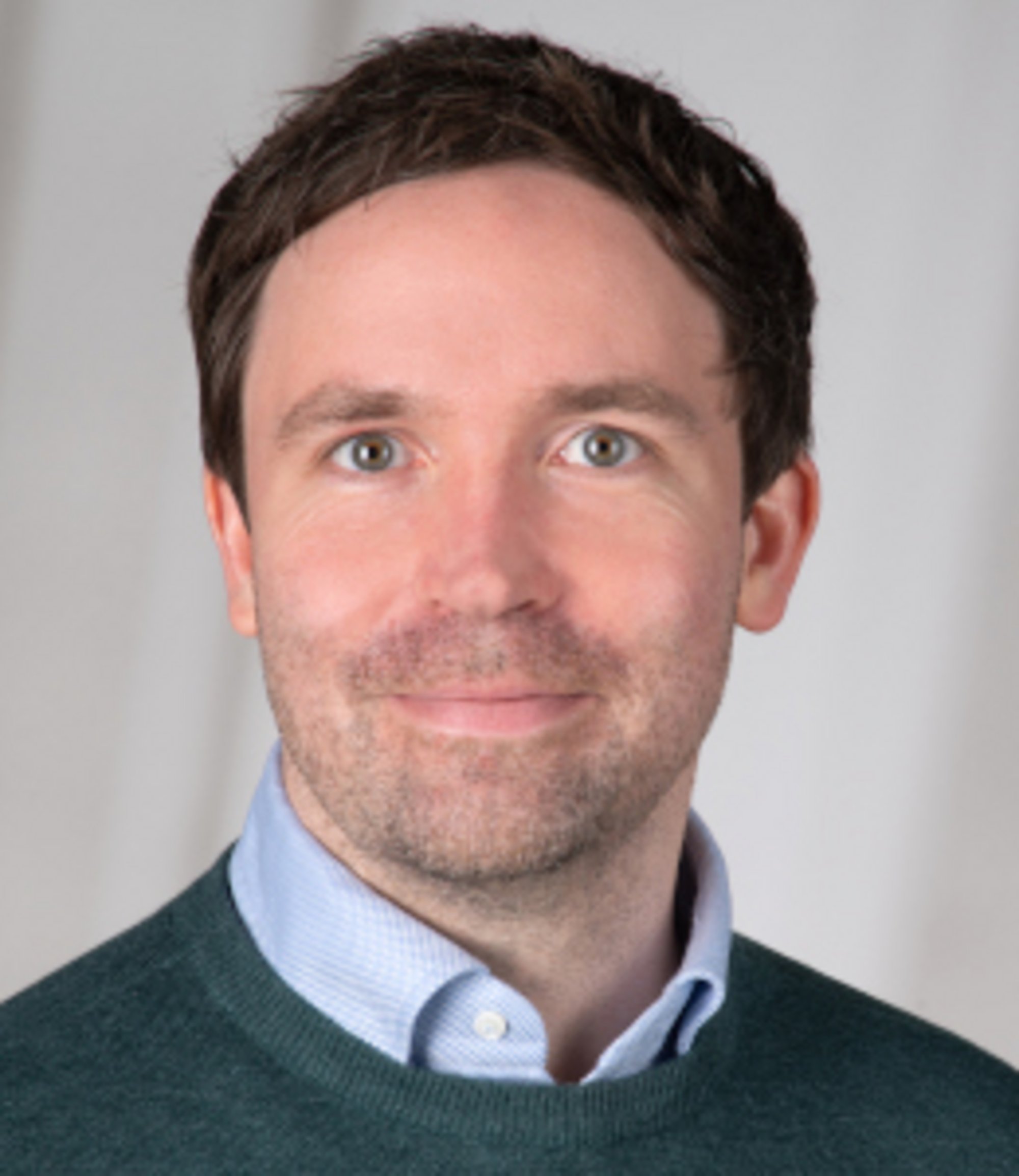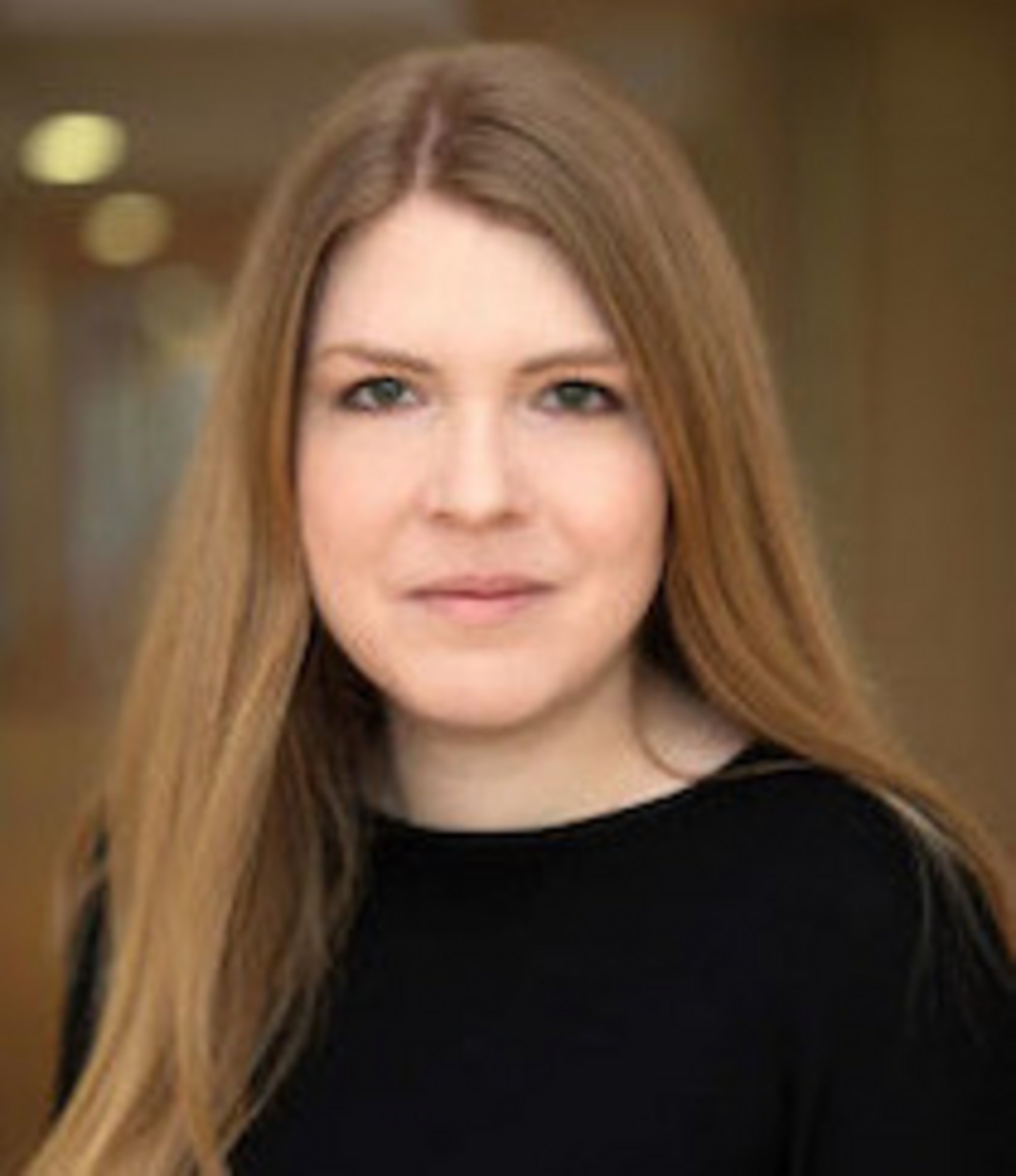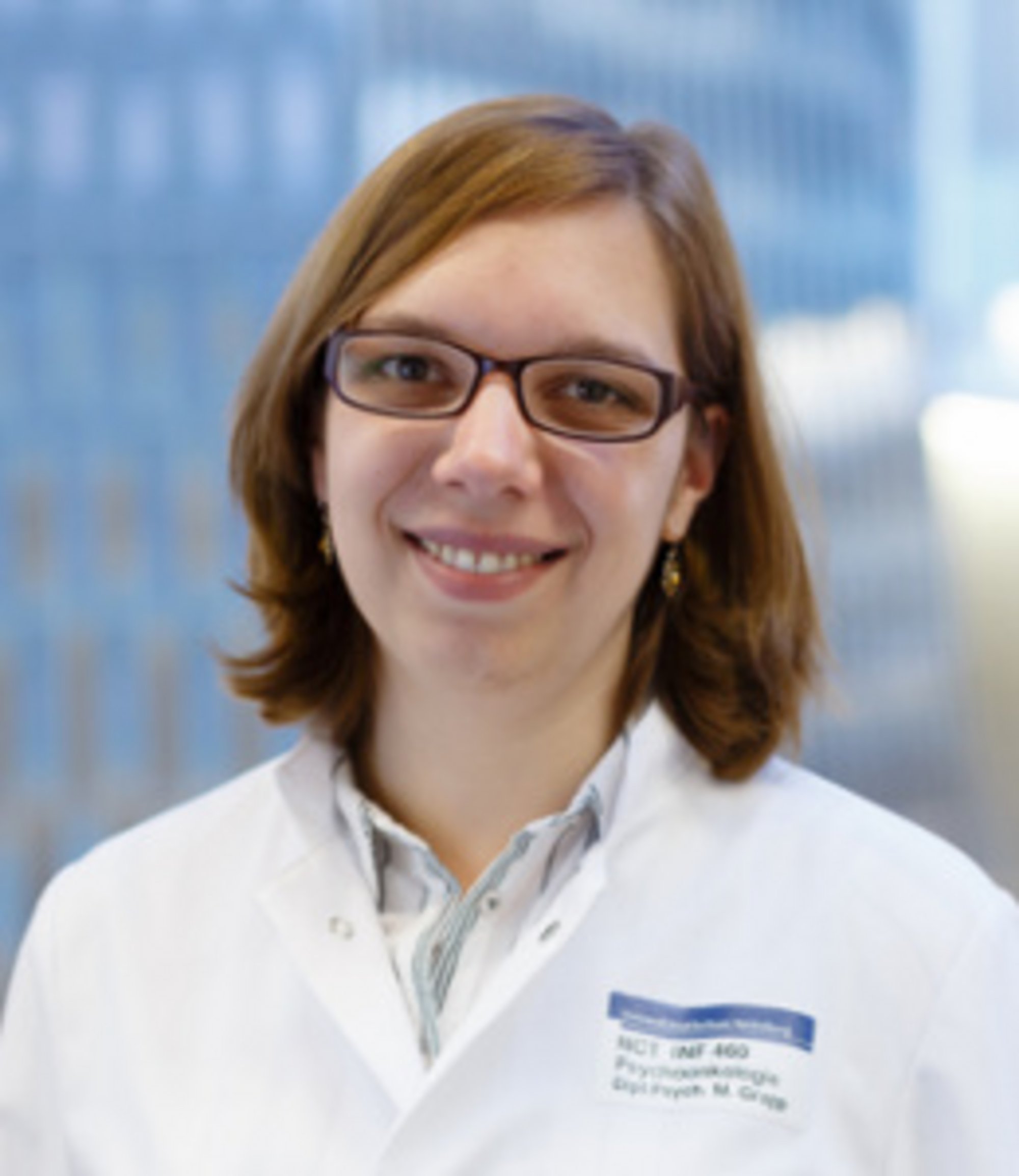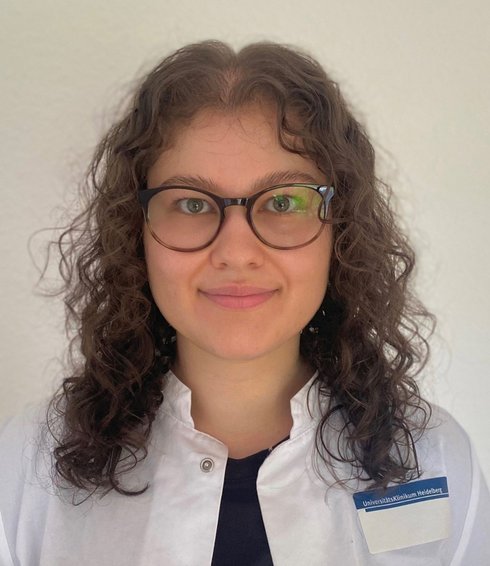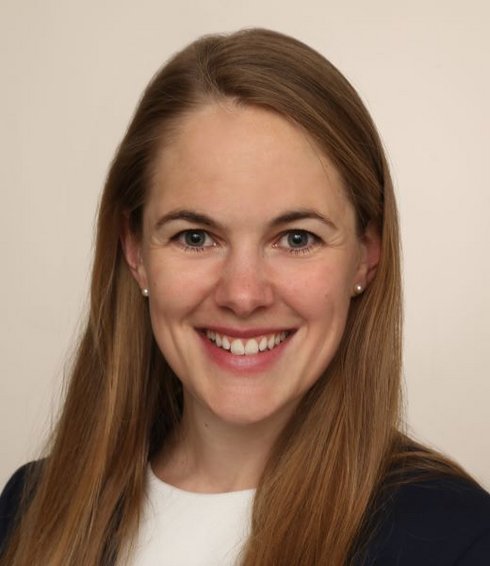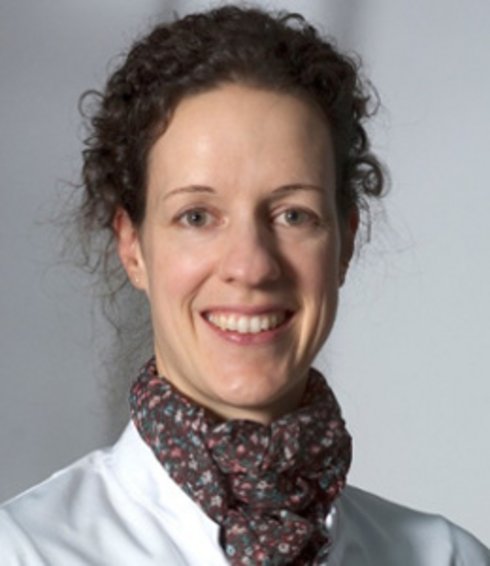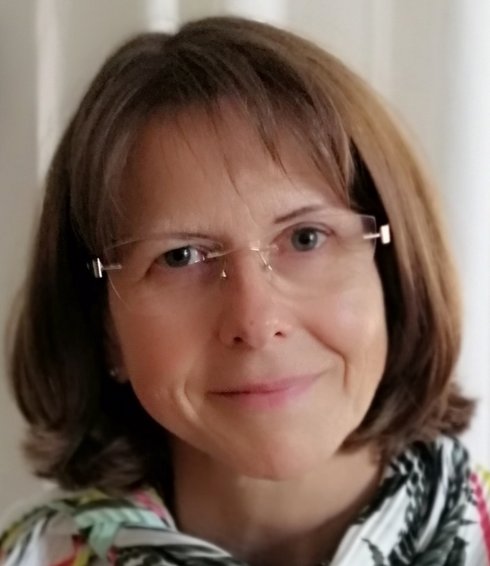Appointments
Through our secretarial team:
Susanne Molter
Phone: +49 6221 564727
or by e-mail: psychoonkologie(at)nct-heidelberg.de
In urgent cases also at short notice through the outpatient clinics or day care units of the NCT Heidelberg.
- Support in coming to terms with the diagnosis, and disease- and treatment-related stress
- Support in crisis situations
- Psychosomatic and psycho-oncology diagnostics and planning of further indicated treatment
- Short outpatient treatments aimed at stabilization and resource development
- Relaxation and imaginative processes
- Family and partner discussions
- Specific service ANKKER (information only available in German) for families including the children of parents with cancer
- Assistance in obtaining contact addresses for outpatient psychotherapy treatment close to home
- Referral to further counseling services or institutions
- Psycho-oncology/psychotherapy treatment as a stopgap measure in case of a lack of outpatient treatment possibilities
- Admittance to our inpatient clinic for treatment (psychosomatic day care unit, medical-psychosomatic, or psychotherapeutic ward) or assistance in finding another suitable clinic
- Consulting with referring physicians
- Group therapy services
- Informational meetings/events
- Assistance in finding self-help contacts
Psycho-oncology—what exactly is it?
Psycho-oncology is concerned with the mental, social, and emotional-spiritual aspects of cancer. The professional group of psycho-oncologists includes primarily physicians, psychologists, and social workers. When choosing a suitable psycho-oncologist, it is important not only to feel comfortable confiding in the person but also that the appropriate experience and professional qualifications that enable an expert to perform this work exist.
Where can I find a psycho-oncologist?
Psycho-oncologists work in hospitals, oncologic centers, and rehabilitation clinics, but also in outpatient practices or counseling centers. As a part of their comprehensive patient-oriented treatment, certified oncologic organ centers or oncologic centers must have a psycho-oncology counseling and treatment program.
When should I seek psychological counseling or treatment?
Cancer and its treatment involve a number of demands that are made on you. When you as a patient and/or your family feel burdened or overwhelmed by this new situation in life, psycho-oncology counseling and treatment can help to reduce negative feelings, worries and anxieties and contribute to improving the quality of life. Supplementary therapy can also be helpful if there are side effects from treatment, for example, chemotherapy. It is advisable to talk with a professional about possible assistance and coping strategies especially when mental problems existed before the illness or when there are further burdens in addition to the illness.
What precisely does the psycho-oncology service at NCT Heidelberg offer me?
The services offered cover a wide spectrum ranging from a single counseling session with those affected, including both patients and their families, to psychotherapy treatment. Many of those affected will profit from a single counseling session in which a professional confirms that they are not doing anything wrong in how they are personally coping with the disease. Other affected individuals profit from suggestions or assistance in activating their own personal resources. In the case of certain symptoms such as persistent anxiety, constant brooding, inability to relax, depression, or insomnia, psycho-oncology counseling will first attempt to receive a diagnostic work-up of the symptoms and determine their causes. Depending on the type and severity of the symptoms, a variety of treatment options may be considered. Usually, those who seek psycho-oncology counseling find it helpful to speak openly about the disease and the associated worries and thoughts with a professional person. The NCT Heidelberg Psycho-oncology Outpatient Clinic offers a special service to families, i. e. parents with cancer and their children: ANKKER (information only available in German).
How do I get an appointment?
Patients and their families can either obtain an appointment from the secretarial team themselves or through the attending physician or caregivers.
Is there a waiting period before the first contact?
As a general rule, a first talk is possible at short notice. This may take place either during a special appointment or during treatment at NCT Heidelberg. In case of emergency, a short contact can be organized on the same day.
Where do the talks take place?
We arrange to have the talk in an atmosphere that respects privacy. Counseling talks are possible in a separate room at a fixed time. Psycho-oncologists can also visit patients and their families during chemotherapy or at other appointments in the outpatient clinic, the day care unit, or on the ward.
We offer the following programs for groups:
- "Living in the moment! Finding a way back to everyday life after treatment", »information only available in German (flyer, PDF-File)
Time out for families - offer for families with a parent suffering from cancer (date for 2026 to be announced), »information only available in German (flyer, PDF-File)
Online music therapy group for patients with cancer, »information only available in German (flyer, PDF-File)
For information regarding planning and appointments, please contact Susanne Molter by phone: 06221 56-4727 or e-mail susanne.molter(at)med.uni-heidelberg.de
Secretarial team:
Susanne Molter
Phone: +49 6221 56-4727
Fax: +49 6221 56-5250
E-mail: psychoonkologie(at)nct-heidelberg.de
Head of the Psycho-oncological Outpatient Clinic at NCT Heidelberg:
Dr. Till Johannes Bugaj
The team consists of certified psychologists and physicians from the Department for General Internal and Psychosomatic Medicine.
Further information can be found at: Department for General Internal and Psychosomatic Medicine, Heidelberg University Hospital.
Advances in early detection, improved treatment outcomes, and demographic change have led to an increase in the number of older people who survive cancer (“cancer survivors”).
The group of elderly cancer survivors is characterized on the one hand by reduced physical reserves and on the other hand by complex overlaps between the (long-term) consequences of cancer, other somatic comorbidities, functional and psychosocial health problems, and various long-term and late effects. Specific care services for older people following acute treatment are therefore important. These services should address the various problem areas in a comprehensive and interdisciplinary manner in a manner appropriate to the age of the patient and reduce the likelihood of further long-term and late effects.
The IMPULS-A project aims to develop, implement, and evaluate a survivorship program for older patients based on better networking of regional care services. The effectiveness of this regional network project will be tested in a randomized controlled trial compared to the standard aftercare currently provided. Participants will be randomly assigned to either the survivorship program or the standard aftercare. In addition to the effect on health literacy, further effects on quality of life, utilization, personal resources, treatment satisfaction, and feasibility will be examined.
Participating patients will be asked to complete a questionnaire at the start of the study, nine months after enrollment, and 18 months after enrollment. In addition, patients in the survivorship program will be screened for existing needs at the start of the program and every six months thereafter and asked if they require support. In addition to the patients, relatives are also invited to participate in the study (if interested). Participating relatives will be asked to complete a questionnaire at the start of the study and after 18 months.
For a qualitative survey, interviews will also be conducted and recorded with individual older cancer survivors to evaluate which aspects are important to older people in terms of a worthwhile survival after cancer.
Who can participate in the study?
- Cancer patients aged 70 and older who have completed acute treatment and have a life expectancy of > 3 years (as estimated by the treating oncologist).
- Persons named by the patient as relatives who are at least 18 years of age.
If you are interested in participating or have questions about the study, please contact:
Charlotte Flock and Elena Scapinello
Heidelberg University Hospital
IMPULS-A.MED2(at)med.uni-heidelberg.de








